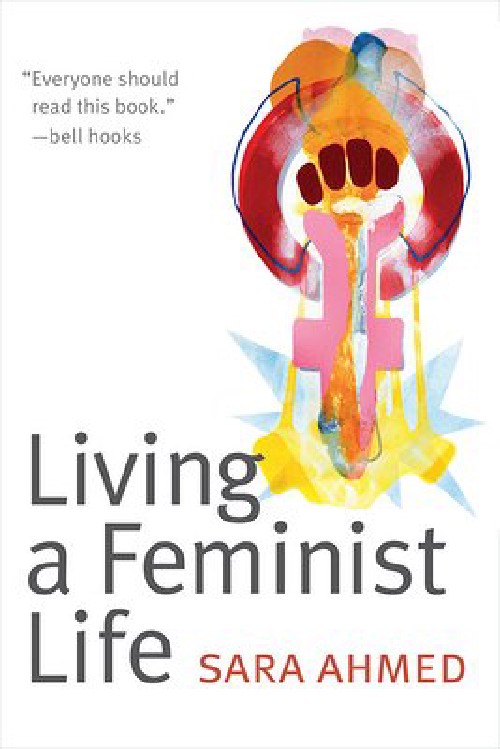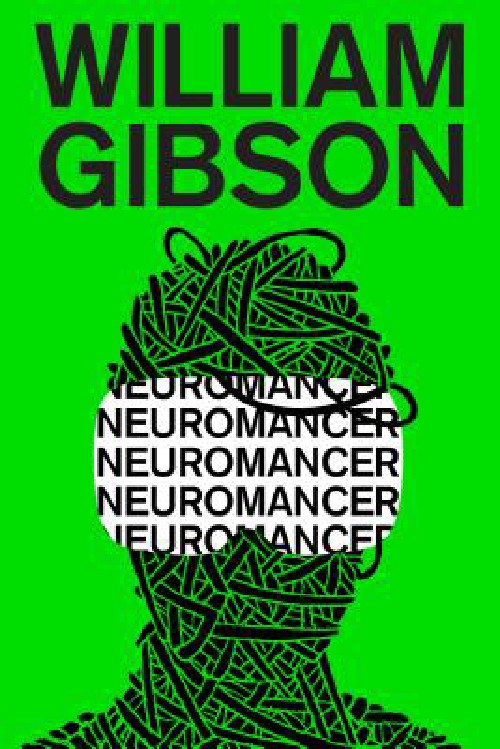
Living a Feminist Life
Copyright 2017, Duke University Press
Disability Theory, Cultural Analysis
Fragility can be a regulative assumption that generates the quality assumed to belong to a thing. A consequence can be recruited as a cause. It might be assumed you caused your own damage because you left the safety of a brightly lit path. Gender norms too can work like this: when femininity is registered as fragility, when that fragility is used to explain what happens to her, or what she can or cannot do, a consequence of power is recruited as the cause. She is treated with caution and care because she is fragile; because she is treated with caution and care, she is fragile. Politics is what happens in between these becauses. (169-170)
I learned too something about myself not only as a researcher and a writer but as a person: I began to ask myself why, despite having written about the intimacies of bodies and worlds, I had not reflected upon disability. I began to think more about my able-bodied privilege, which is not to say that I have thought about it enough: I have not. It is easy for me to forget to think about it, which is what makes a privilege a privilege: the experiences you are protected from having, the thoughts you do not have to think. Understanding privilege as an energy -saving device might be especially apt for thinking about able-bodied privilege: we are saved from knowing what we are saved from doing. I was able to put disability behind me despite having a disabled mother; or perhaps there is a because rather than despite here because there is pain there. (181-182)
Resignation can sound passive, even fatalistic: resigning oneself to one’s tate. But resignation can be an act of feminist protest. By snapping you are saying: I will not work for an organization that is not addressing the problem of sexual harassment. Not addressing the problem of sexual harassment is reproducing the problem of sexual harassment. By snapping you are saying: I will not reproduce a world I cannot bear, a world I do not think should be borne. (199)
Snap: you need to wake up to what is already happening.
The film shows how time matters because time is unevenly distributed as a way of relating to the past and the present. What is too sudden and too quick for some might be way too slow for others. And some things take more time to snap than other things. A line can be harder to snap because it has become stronger from being held on to for so long. A line can be policed; a line of police. (208-209)



